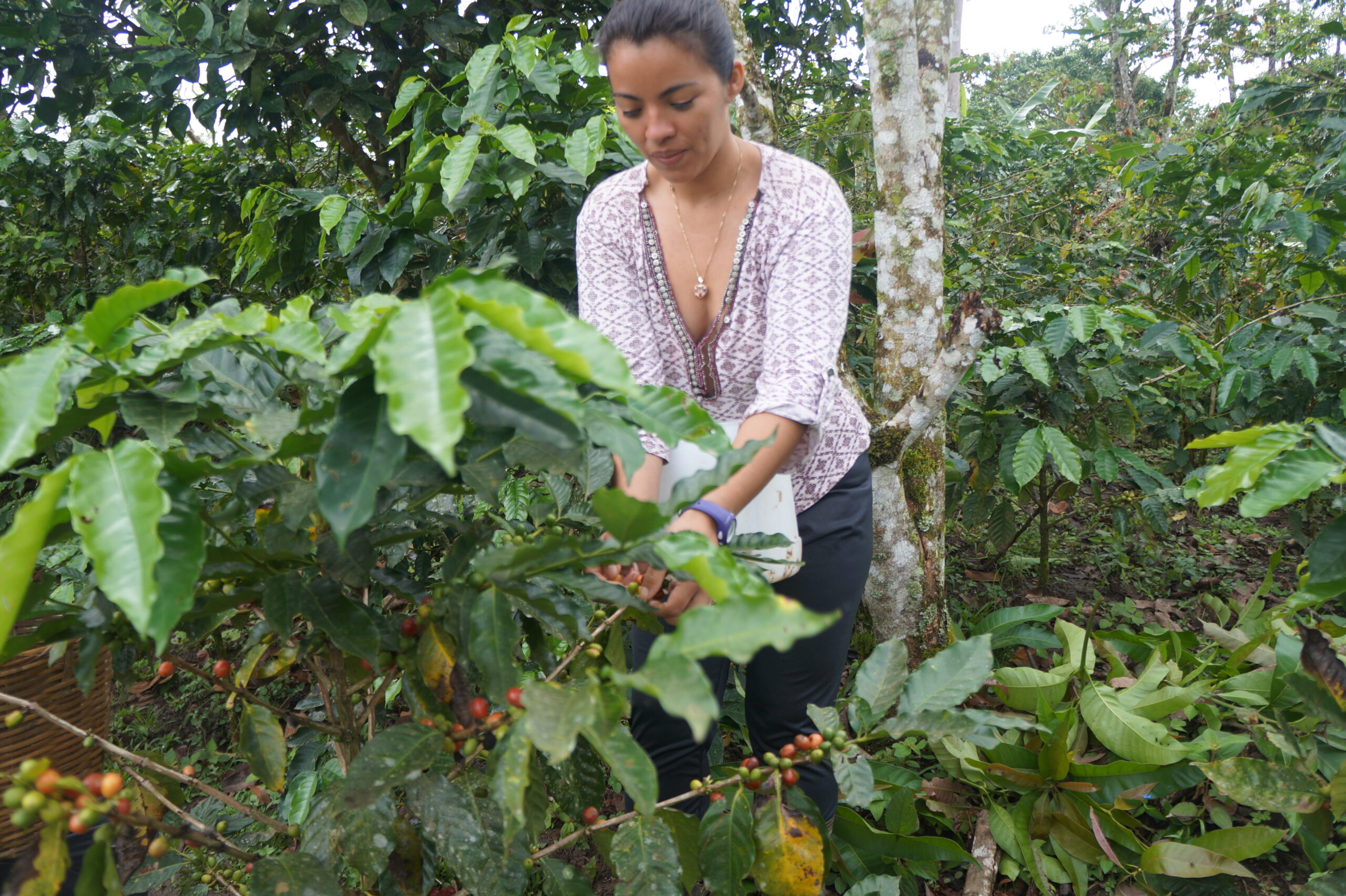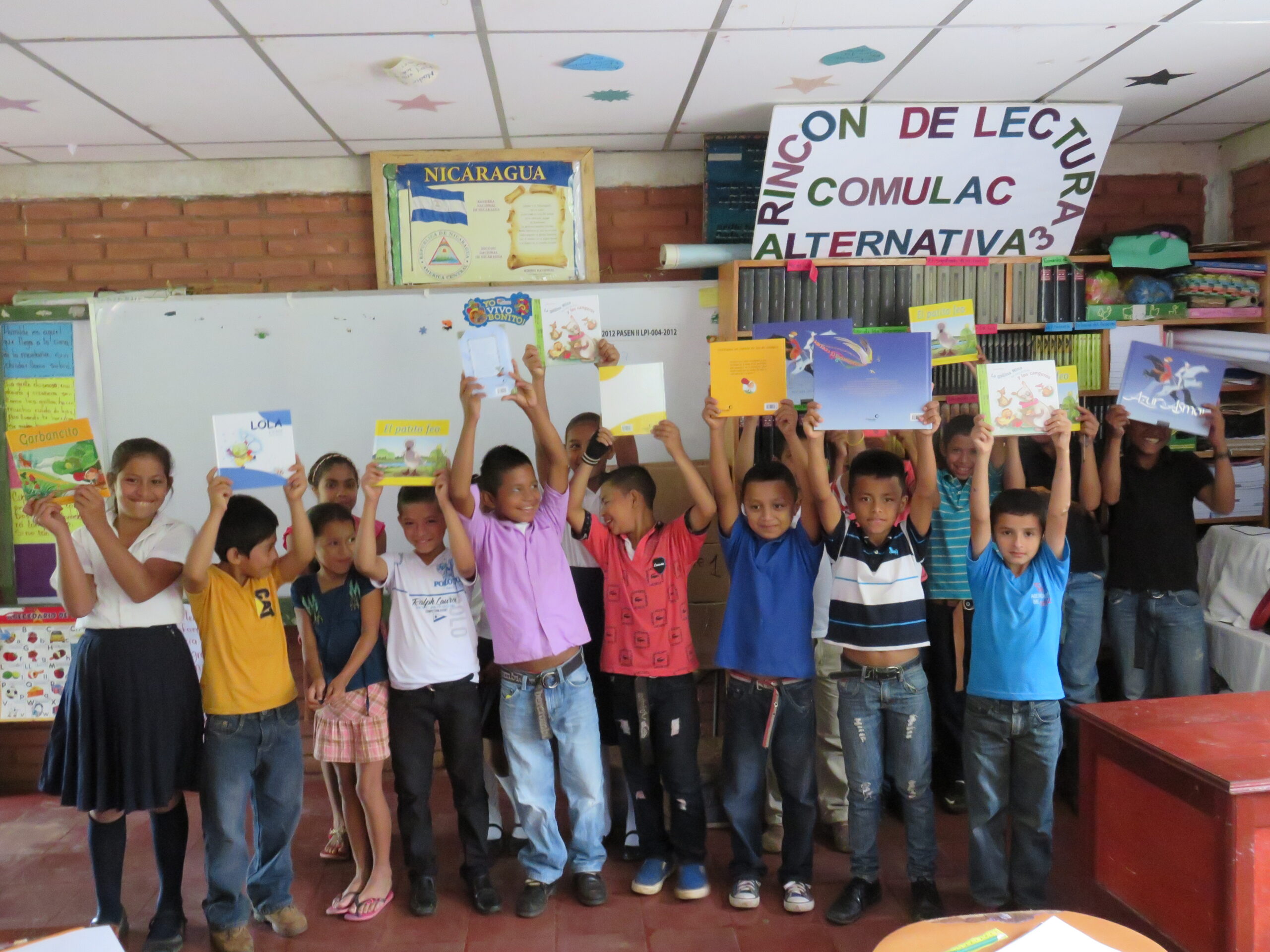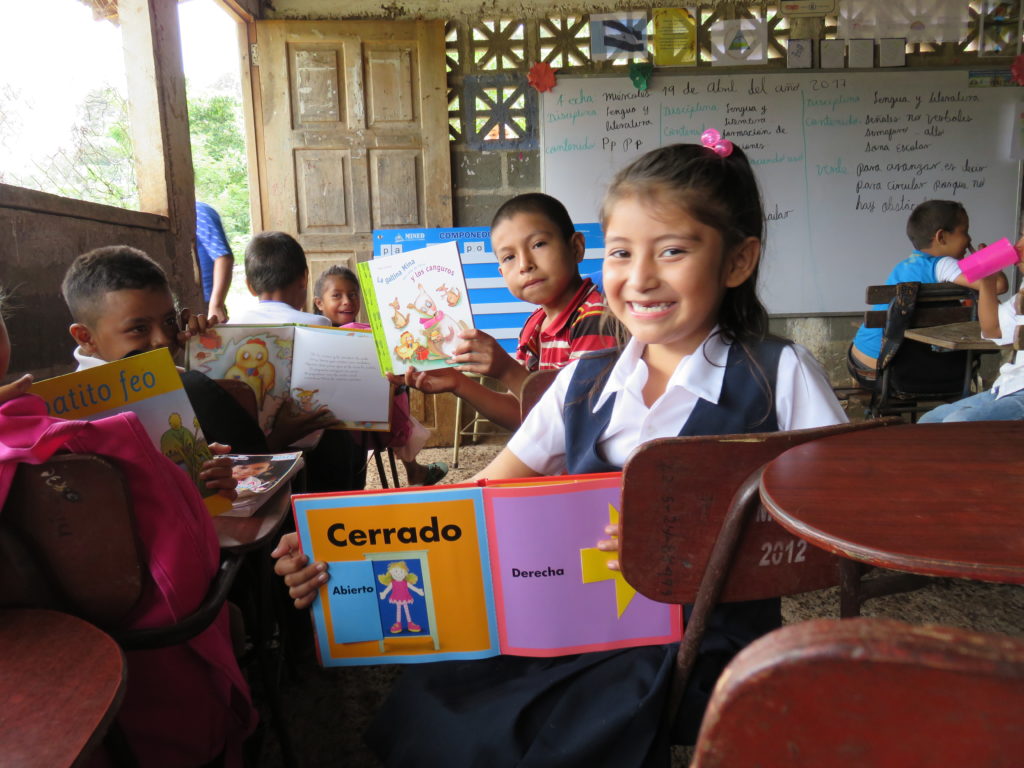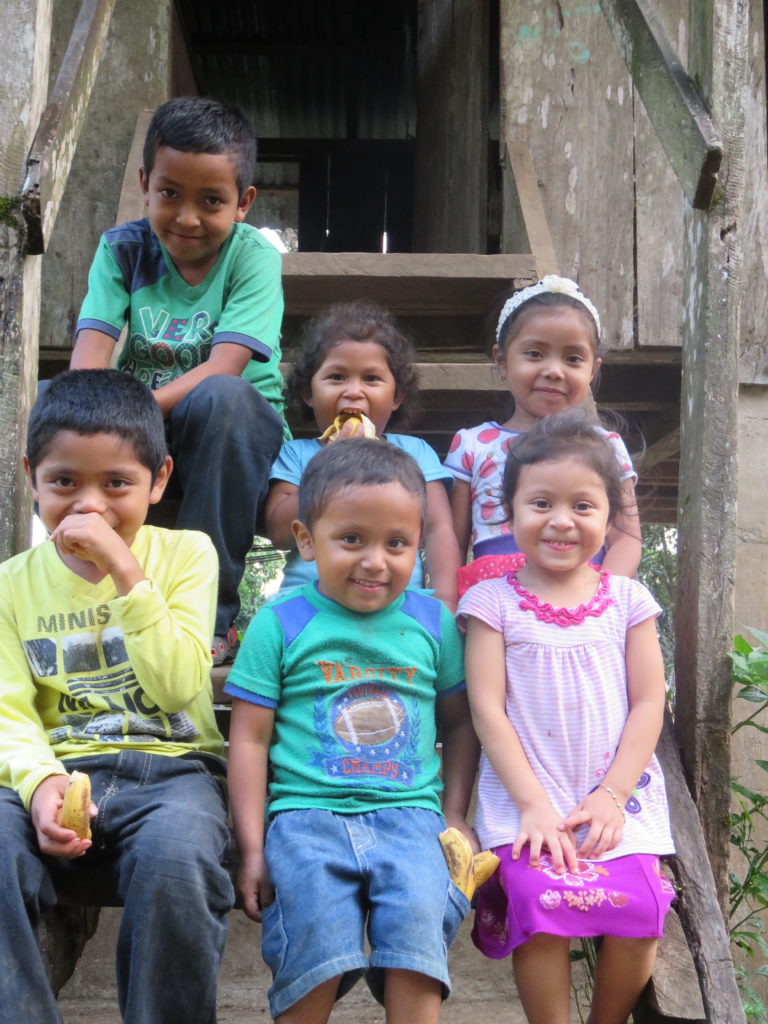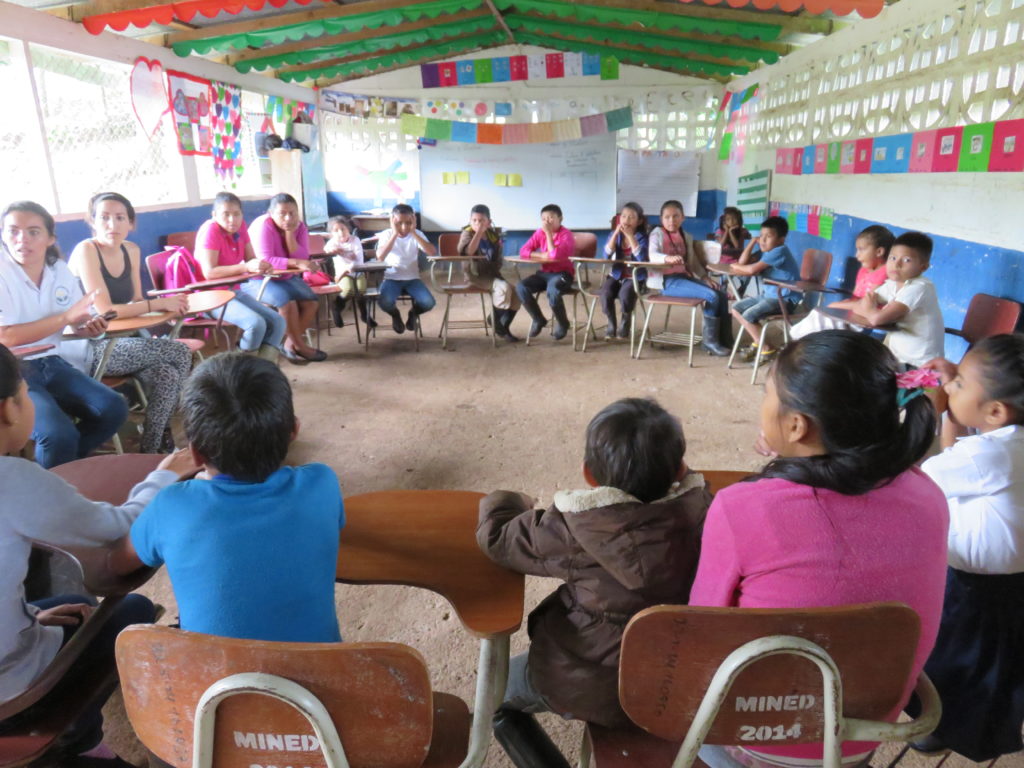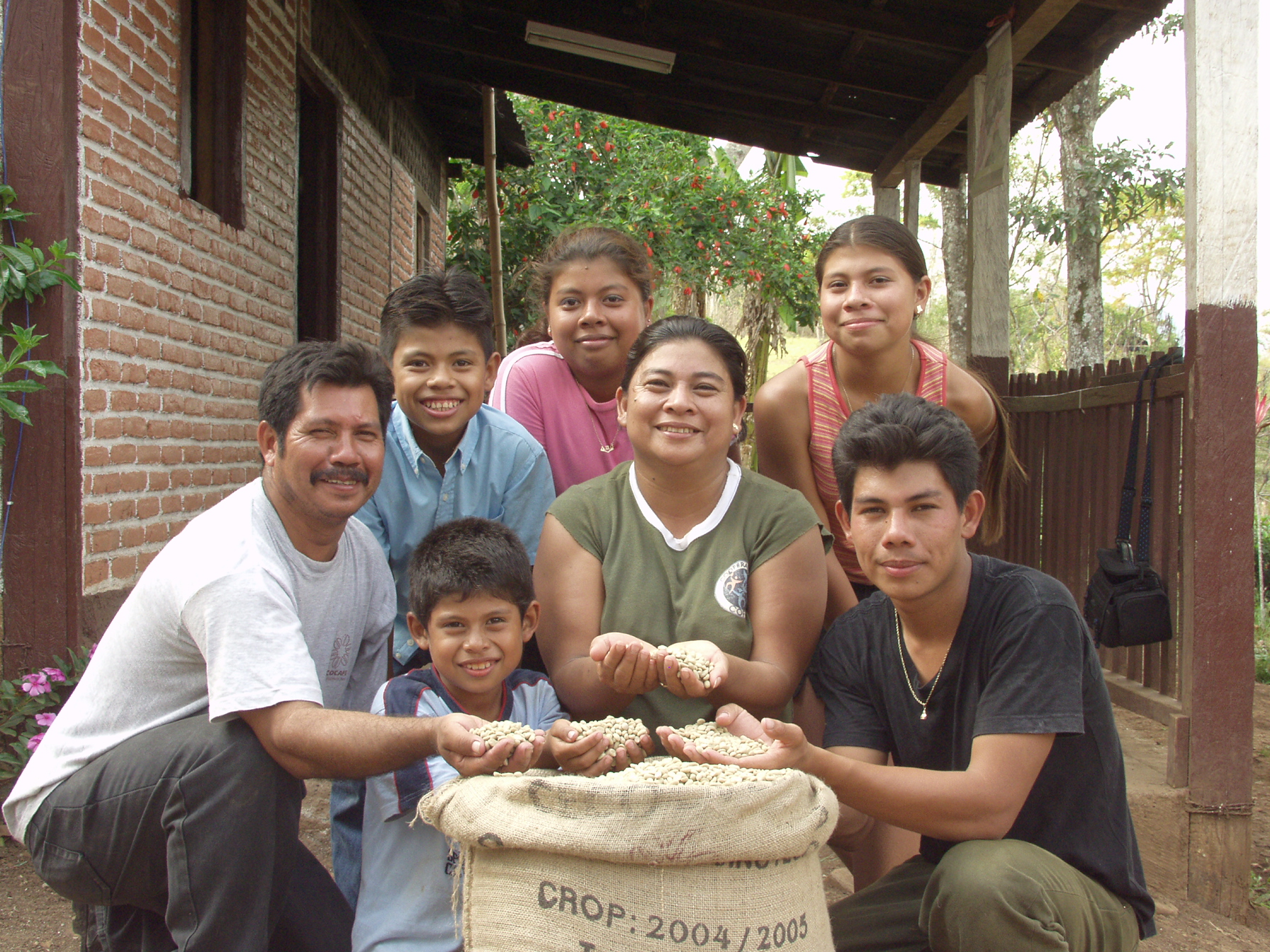World Day to Combat Desertification and Drought:
17 June
Coinciding with the World Day to Combat Desertification and Drought (17 June), the State Fair Trade Coordinator (@CEComercioJusto) has published a report analysing the social and environmental impact of coffee cultivation.
The current model of the coffee is not sustainable either for the environment or for those who grow it. This report explains why the fair trade coffee is the most viable and sustainable alternative, both socially and environmentally.
25 million people in more than 80 countries are engaged in the cultivation of the second largest agricultural commodity after oil: coffee.
In addition, it is estimated that, due to lifestyle habits and the growth of the emerging economy, consumption will increase by 2050.
However, the current impact of climate change is altering coffee production: rising temperatures and varying rainfall could halve the area under cultivation by 2050.
Fair Trade is an alternative to combat the effects of this change, as this model consolidates traditional production and favours a better quality of life for producer families. To give an example: in Colombia, Fair Trade coffee has increased the income of more than sixty thousand people by 20%.
Changing the future is in our hands and that is why consuming Fair Trade is so important to bring about change and contribute to the environment.
In addition to caring for the environment, the Fair Trade has quality coffee with the authentic traditional taste, but sustainable.
You can read the full report on the coffee industry here:
http://comerciojusto.org/wp-content/uploads/2019/06/Cuaderno-11-Impactos-caf%C3%A9.pdf

